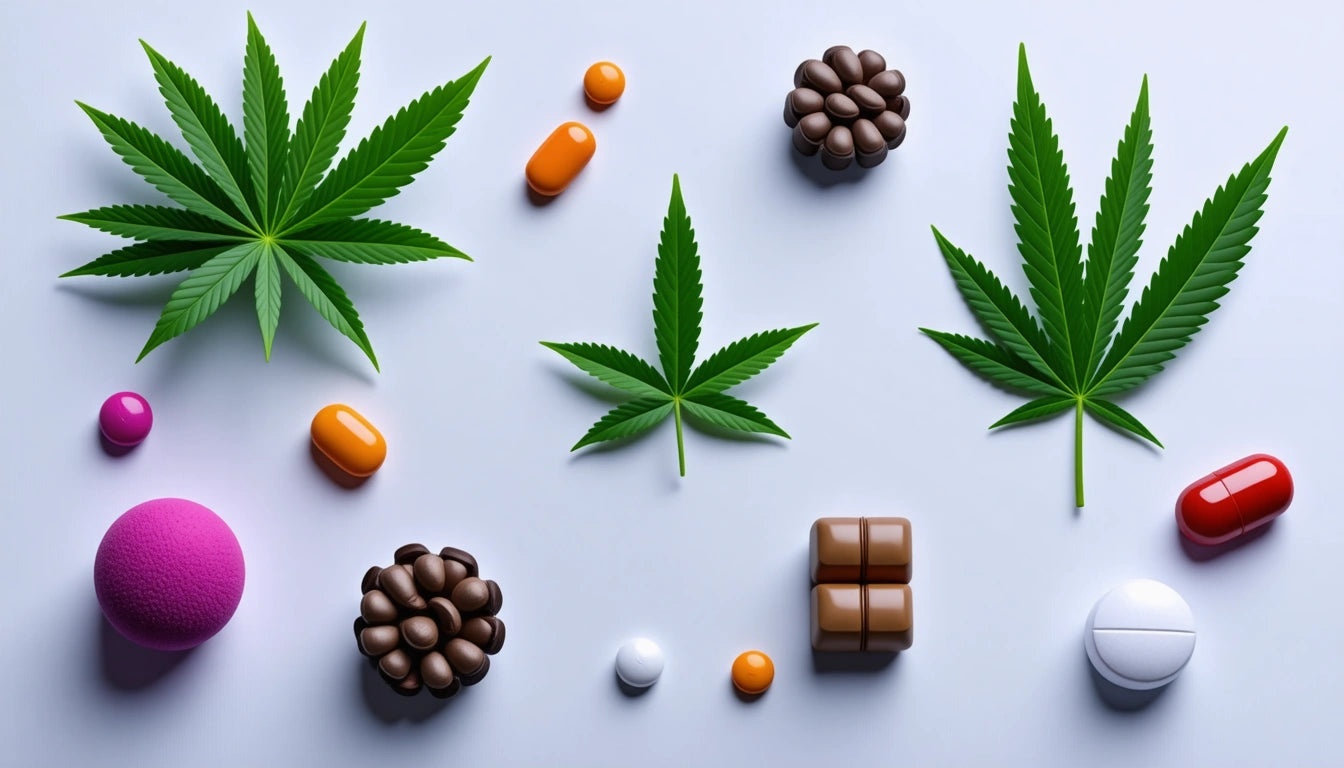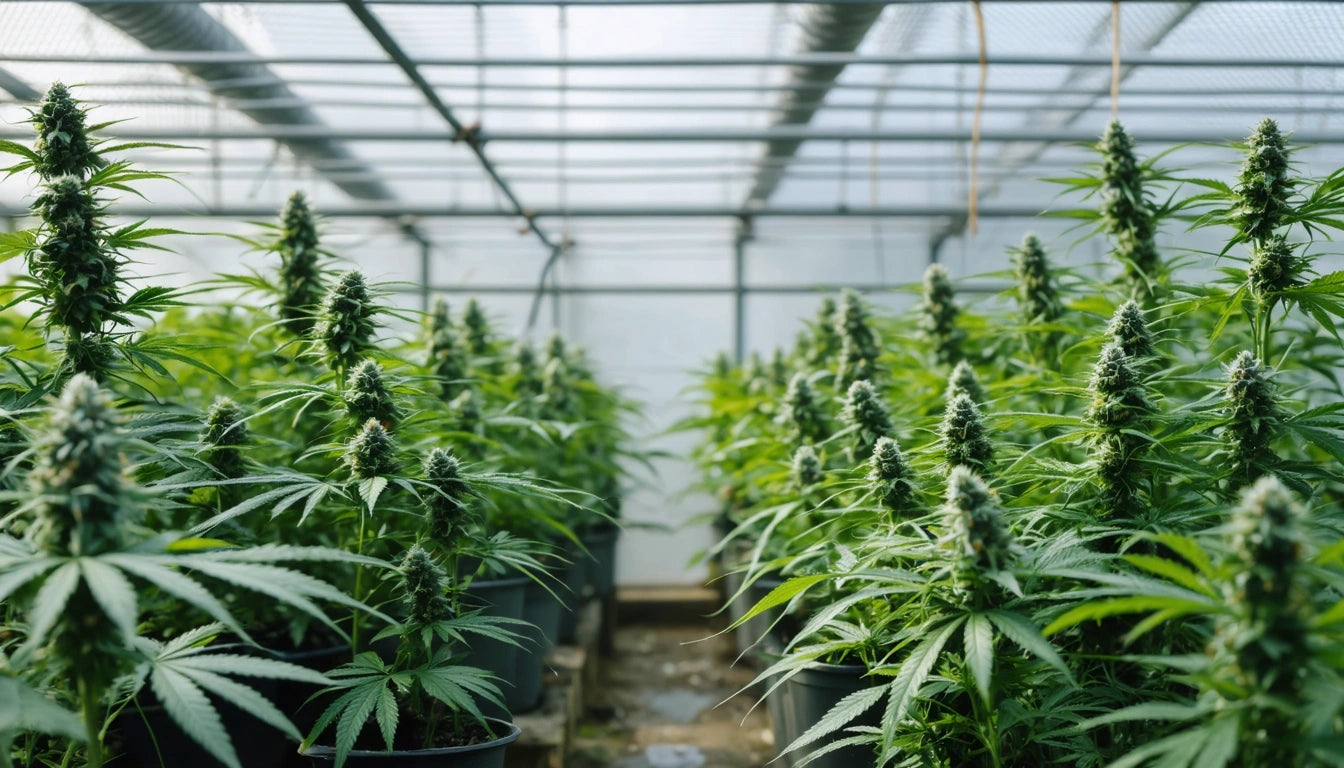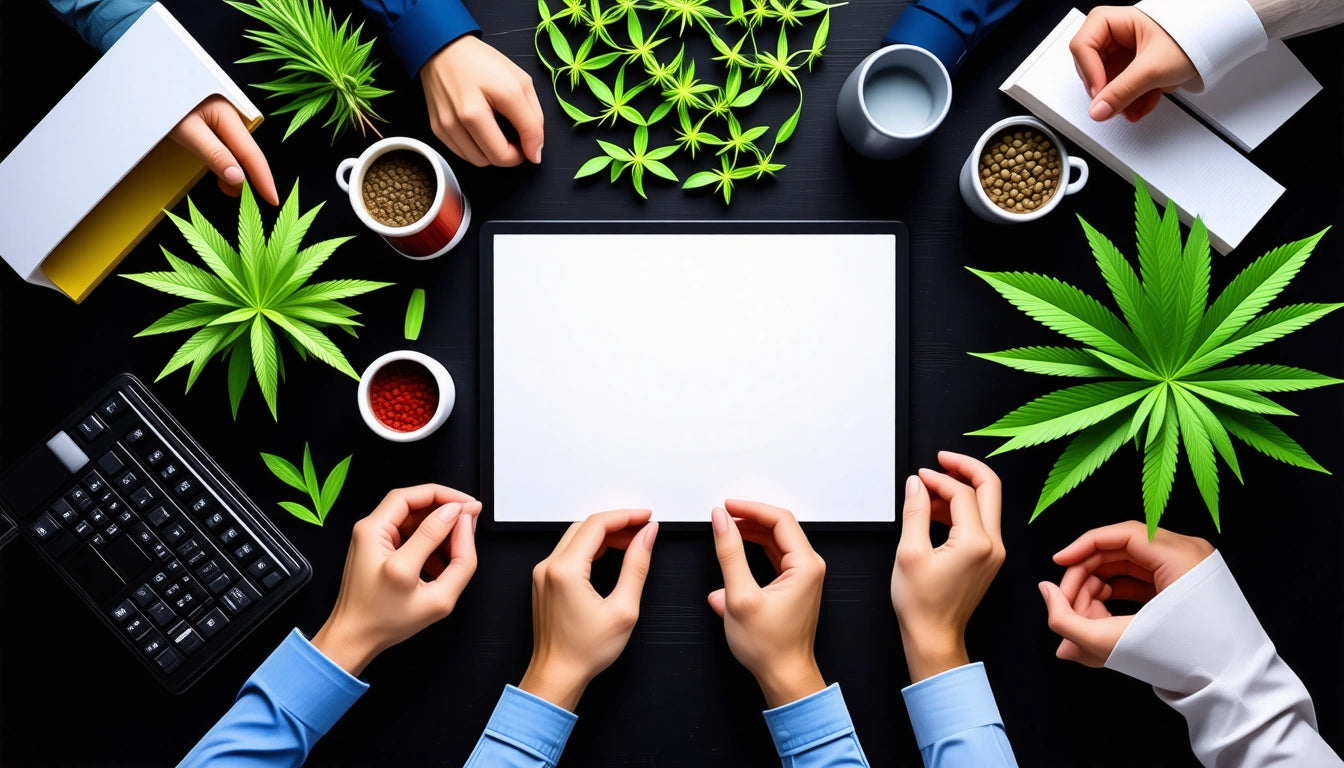Table of Contents
A Comprehensive Guide to Microdosing THC: Understanding Dosage and Benefits
Microdosing THC has gained popularity as consumers seek the therapeutic benefits of cannabis without the intense psychoactive effects. This practice involves taking very small amounts of THC, the primary psychoactive compound in cannabis, to achieve subtle effects while maintaining functionality throughout the day. For both newcomers and experienced users, understanding what constitutes a microdose and how to implement this approach effectively can enhance your cannabis experience.
What is Microdosing THC?
Microdosing THC refers to consuming very small, sub-perceptual doses of tetrahydrocannabinol that produce subtle effects without causing significant impairment or intoxication. Unlike traditional cannabis consumption, which often aims for noticeable psychoactive effects, microdosing focuses on harnessing potential therapeutic benefits while minimizing any cognitive disruption. As explained in A Beginner's Guide to Microdosing Cannabis, this approach allows users to remain functional and clear-headed throughout their daily activities.
The concept draws parallels from microdosing practices with other substances but is uniquely tailored to cannabis's properties and effects profile. By introducing minimal amounts of THC into your system, you can potentially experience benefits like mood enhancement, pain relief, and increased creativity without feeling "high."
How Much is a Microdose of THC?
What is considered a microdose of THC varies based on individual factors including tolerance, body chemistry, and consumption method. However, general guidelines can help establish a starting point:
- Edibles: 1-2.5mg THC (compared to standard 5-10mg doses)
- Tinctures: 1-3mg THC
- Inhalation: A single small puff from a low-THC strain
Precision is crucial when microdosing THC. Many consumers use precise digital scales to measure their cannabis when preparing microdoses, especially when working with flower or concentrates. This ensures consistency in dosing, which is essential for predictable effects.
According to dosage guidelines, a microdose typically represents about 1/10th to 1/5th of a standard recreational dose. The goal is to find the minimum effective dose that provides benefits without noticeable intoxication.
Benefits of Microdosing THC
Microdosing THC may offer several potential benefits that make it an attractive option for both medical and wellness users:
Therapeutic Benefits with Minimal Side Effects
Many users report that microdosing provides relief from symptoms without the cognitive impairment, anxiety, or paranoia that can sometimes accompany higher doses. Understanding THC effects at different dosage levels helps explain why microdoses can offer therapeutic value with fewer unwanted effects.
Enhanced Productivity and Creativity
Some users report improved focus, creative thinking, and problem-solving abilities when microdosing THC. The subtle effects may help reduce mental barriers without causing significant impairment.
Improved Mood and Stress Management
Low doses of THC may help regulate mood and reduce stress response without the intensity of a full psychoactive experience. This makes microdosing suitable for daily stress management.
How to Microdose THC: Methods and Products
There are several effective methods for how to microdose THC, each with advantages for different user preferences:
Edibles and Beverages
Pre-dosed edibles with 1-2.5mg THC per serving offer precise control. Many companies now produce low-dose mints, gummies, and beverages specifically designed for microdosing. The effects typically take 30-90 minutes to manifest but last longer than other methods.
Tinctures and Oils
Sublingual tinctures allow for precise dosing with droppers and take effect relatively quickly (15-45 minutes). They're discreet and easy to adjust. Understanding THC formulations helps in selecting appropriate products for microdosing.
Inhalation Methods
One small puff from a vape pen or a one-hitter pipe with low-THC flower can constitute a microdose. Effects are felt almost immediately, making it easier to gauge your response, but they may not last as long as other methods.
Tips for Successful Microdosing
To maximize the benefits of microdosing THC:
- Start low and go slow: Begin with the lowest possible dose and gradually increase if needed.
- Keep a journal: Track your doses, timing, and effects to identify your optimal microdose.
- Maintain consistency: Use the same product and method initially to establish a baseline.
- Consider timing: Some people benefit from morning microdoses for daytime effects, while others prefer evening dosing.
- Be aware of tolerance: Take occasional breaks to prevent building tolerance to THC.
Understanding different THC types can also help you select the most appropriate products for your microdosing regimen. For instance, products with balanced THC:CBD ratios may provide enhanced benefits with reduced psychoactivity.
The Future of Microdosing: Emerging Research and Trends
As cannabis legalization expands, research into microdosing THC is growing. Preliminary studies suggest potential applications for conditions like pain, anxiety, and PTSD, though more rigorous clinical trials are needed. The cannabis industry is responding with an increasing array of products specifically designed for precision microdosing.
With better understanding of THC content across different consumption methods, consumers now have more tools to implement effective microdosing regimens. As this practice continues to gain mainstream acceptance, we can expect more innovative products, delivery systems, and research validating the benefits of this subtle but potentially powerful approach to cannabis consumption.
Whether you're new to cannabis or looking to refine your relationship with it, microdosing offers a measured, mindful approach that aligns with wellness-oriented lifestyles and therapeutic goals.











Leave a comment
All comments are moderated before being published.
This site is protected by hCaptcha and the hCaptcha Privacy Policy and Terms of Service apply.